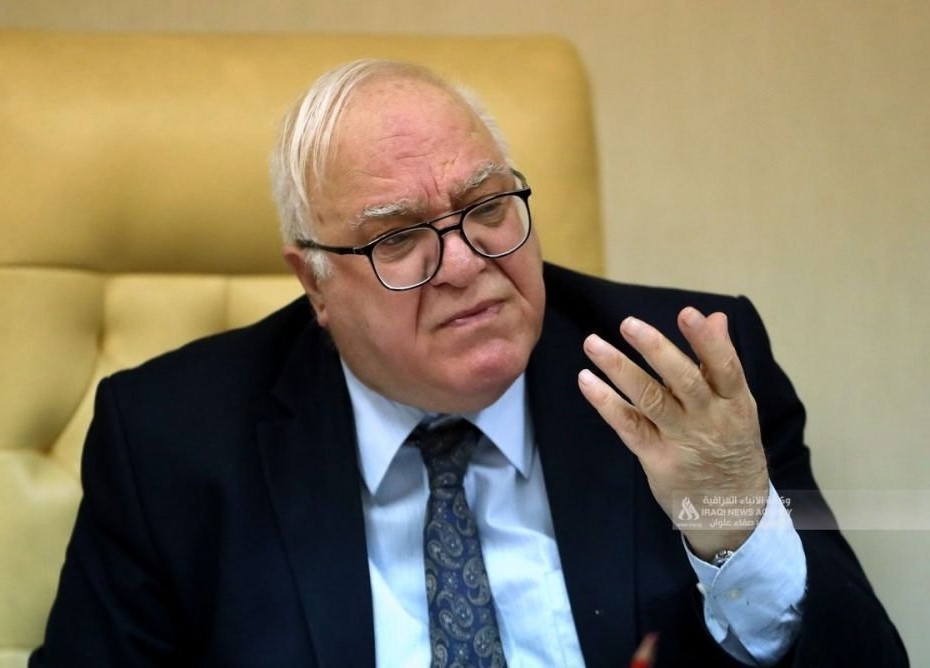The Prime Minister’s Advisor for Financial and Economic Affairs, Mazhar Muhammad Salih, confirmed that financial inclusion in Iraq, represented by bank accounts, has increased to 14 million, with 20 million users, while he pointed out that Iraq is witnessing a boom in adopting e-governance as a basis for integrity and financial efficiency .
Saleh said “The pillar of financial inclusion is the number of personal bank accounts, as inclusion aims to enable individuals and companies to access financial services appropriate to their needs in an easy and reasonable manner, while ensuring legal protection and transparency .”
He added, “Financial inclusion focuses on enhancing the financial integration of economically and socially marginalized groups, such as the poor, women, and youth, as well as small and medium-sized enterprises that lack adequate access to financing in the banking system through opening a bank account .”
He pointed out that “national indicators confirm that financial inclusion in Iraq has increased from 20% to 48% at present compared to previous years,” explaining that “the reason is due to two main factors: the localization of salaries of employees, workers, retirees and social care, and the other is the spread of digital payments or digital financial inclusion .”
Saleh stressed that “Iraq is witnessing a boom within the government program policy that considers e-governance as the basis for integrity, transparency, financial and economic efficiency, and optimal investment of resources and time,” noting that “recent statistics indicate that the number of bank accounts is about 14 million bank accounts and more than 20 million payment card users, which means an increase in the rate of financial inclusion from 20% to 48%, a rate measured by the number of bank accounts opened for adults in the population .”
He continued, “There are a number of open bank accounts that are inactive or zero, and they should be excluded to reach the correct number of open bank accounts. There are open and zero accounts that belong to expatriates, deceased persons, bankrupt companies, companies that have left work, and individuals who have not dealt with their open bank accounts in banks that are under guardianship or in trouble, and other factors and hopes are many .”
He continued, “The real criterion for adopting the bank account as a criterion for financial inclusion is the bank accounts opened for active individuals, not the zero or inactive ones, which requires excluding them from the statistics of banks and the Iraqi banking system in general.”






